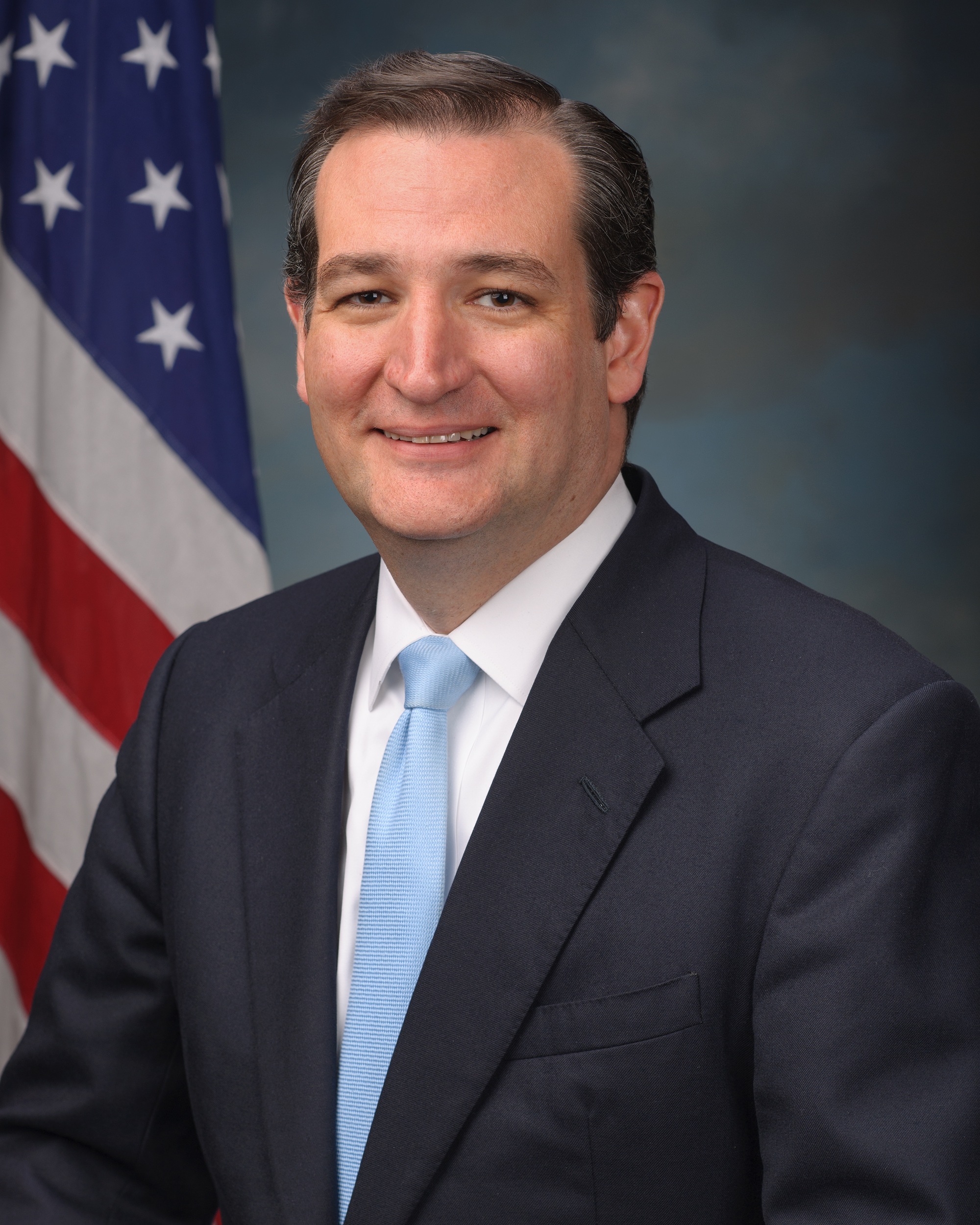
Ten Republican senators, led by Ted Cruz (R-TX), sent a letter to the British, French and German ambassadors in Washington urging their countries to comply with U.S. sanctions and to deepen Transatlantic cooperation against Iran. “First, these statutes align with your governments’ commitment to deepen cooperation addressing Iran’s ballistic missile program and destabilizing activities. Second, they were passed over several years by overwhelming bipartisan majorities – including in some cases via unanimous Senate passage – and Congress is obligated to ensure their implementation,” they wrote. The letter was signed by Senators Marco Rubio (R-FL), Mike Lee (R-UT), Tom Cotton (R-AR), David Perdue (R-GA), Ben Sasse (R-NE), Steve Daines (R-MT), Mike Enzi (R-WY), Mike Rounds (R-SD), and Dan Sullivan (R-AK). The following is the full text.
July 26, 2018
His Excellency Sir Kim Darroch
Embassy of the United Kingdom
His Excellency Gérard Araud
Embassy of France
Her Excellency Emily Haber
Embassy of the Federal Republic of Germany
Dear Ambassadors Darroch, Araud, and Haber:
We recognize your governments opposed the decision by President Trump to end American participation in the Joint Comprehensive Plan of Action (JCPOA), and we welcome the commitment by Prime Minister May, Chancellor Merkel, and President Macron to nevertheless deepen cooperation that will “address in a meaningful way shared concerns about Iran’s ballistic missile programme and its destabilising regional activities.”
Creativity and dedication will be necessary in the coming months to ensure that any current tensions over Iran are not allowed to erode the Transatlantic alliance, which is a cornerstone of global security. It is our understanding that your governments are in dialogue with the Trump administration and with other countries in Europe and beyond about these and other issues. Some of those conversations are about the many areas of mutual cooperation binding the Transatlantic alliance, and we encourage you to continue and deepen these dialogues. However it is our understanding that others have been about contingencies in which your governments would develop mechanisms for evading and undermining the American sanctions that were waived by the JCPOA and are now coming back into force.
As you know, many of these sanctions arise from federal laws passed by Congress and not simply by executive order. These statutes include the Comprehensive Iran Sanctions, Accountability, and Divestment Act of 2010; Section 1245 of the National Defense Authorization Act for Fiscal Year 2012; the Iran Threat Reduction and Syria Human Rights Act of 2012; and the Iran Freedom and Counter-Proliferation Act of 2012 in the National Defense Authorization Act for Fiscal Year 2013.
As the titles of these statutes suggest, they are aimed at comprehensively reducing the full array of threats posed by Iran, including its ballistic missile program and its destabilizing regional activities. They are not exclusively or primarily “nuclear-related” sanctions, which was not a meaningful category in the American sanctions architecture until it was drafted by the Obama administration as an expansive list to meet what Iran was demanding during nuclear deal negotiations.
We write to urge you to comply with all American sanctions, but also to emphasize we would consider it particularly troubling if you sought to evade or undermine American statutes. First, these statutes align with your governments’ commitment to deepen cooperation addressing Iran’s ballistic missile program and destabilizing activities. Second, they were passed over several years by overwhelming bipartisan majorities – including in some cases via unanimous Senate passage – and Congress is obligated to ensure their implementation.
These laws were passed by Congress, signed by President Obama, and will be enforced by President Trump. Congressional leaders of both parties have taken a firm stance in support of them. They are not the policies of one party or one branch, but the considered and long-term policy of the United States as expressed by Congress. Any attempt to evade or undermine them could well prompt Congressional action, in coordination with other elements of the U.S. government, to ensure their integrity.
Sincerely,
|
Ted Cruz |
Marco Rubio |
|
Mike Lee |
Tom Cotton |
|
David Perdue |
Ben Sasse |
|
Steve Daines |
Mike Enzi |
|
M. Michael Rounds |
Dan Sullivan |
